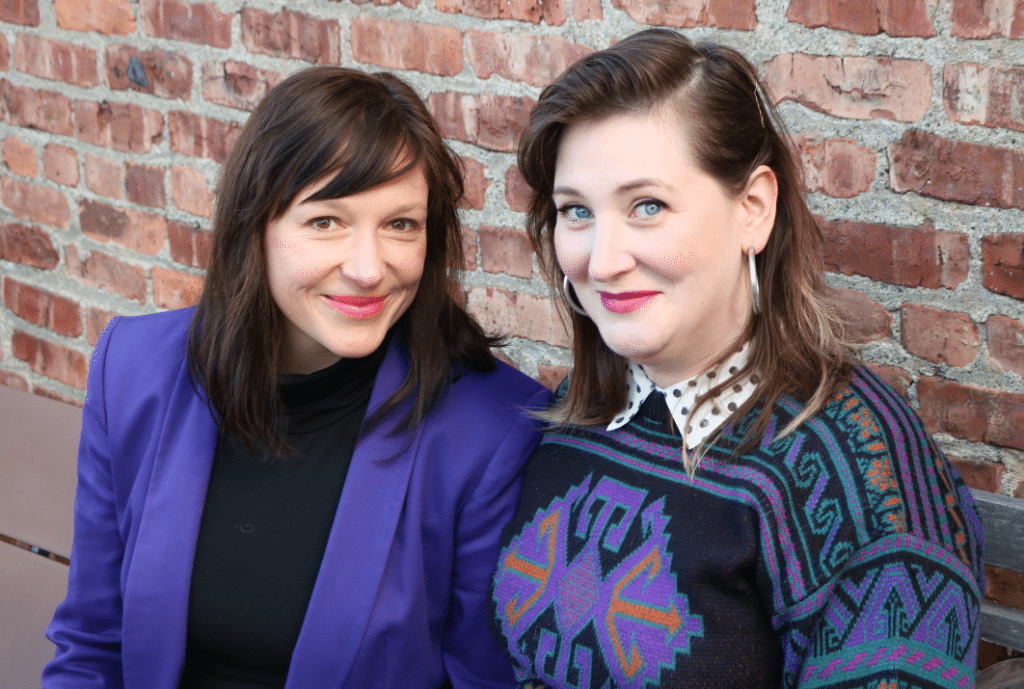Lila Barchetto and Katie Hoffman of Moonsway Birth & Baby in Beacon work in tandem as labor and post-partum doulas.
How do you become a doula?
Barchetto: You become certified. The training covers the history of birth, the phases of labor, what happens to the woman’s body, physical techniques, pain management and what a doula does not do, which is mainly that we don’t give medical advice. It’s like being a chef: it’s important to go to cooking school, but you have to be in the kitchen to learn. And there are specialties: rebozo work [with a shawl], pelvic-floor work, aromatherapy.
Are most doulas also mothers?
Barchetto: Some of my favorite doulas don’t have children, and they bring different things to the table. I’ve been involved in 75 births, and I don’t typically like sharing birth stories, because in a group setting, they bring out an inherent competitiveness. I used to never share my own experience with clients because I didn’t want my choices to shape their choices. That’s hard in Beacon, where everyone knows everyone! The important thing is there’s no right way for a woman to have her baby.
What about the other parent?
Barchetto: I sometimes doula the partner more than the person giving birth. I’m a safety net: I get to know the couple and see their dynamic. I sense out what the partner is good at — calming, organizing, making food, giving foot massages — and work at enhancing that. For the “I’m scared, but I don’t want to look scared” person giving birth or their partner, I reassure them with a lot of “You’re doing great.”
Do clients typically book post-partum services during the pregnancy?
Hoffman: About half do. The other half call right after the baby is born when they realize they have been completely blindsided. It’s all one long day after another. During the “fourth trimester” — the first three months — there is so much focus on nurturing and caring for the newborn that often there hasn’t been a recognition of the transition period for mom. It’s hard for the partner, too, understanding and coping with the hormone shifts and healing. Some parents don’t feel like they’re providing enough care because they’re so tired from lack of sleep and ask me to help overnight. I try to meet them where they are, rather than me telling them what to do.
It’s always interesting working with adoptive parents, since neither gave birth so both parents receive equal treatment and often have similar needs.
Do insurance plans cover doula services?
Barchetto: Not that I’m aware of. That is a real failure in our national health system. I think it’s economics: The revenue generated by newborn intensive care units keep other wings in hospitals open. Birth has been taken out of the home and medicalized. Yet sometimes doulas are more important at hospitals because home births already have more people in the room. Contrary to what people suppose, the majority of my births have been at hospitals.

